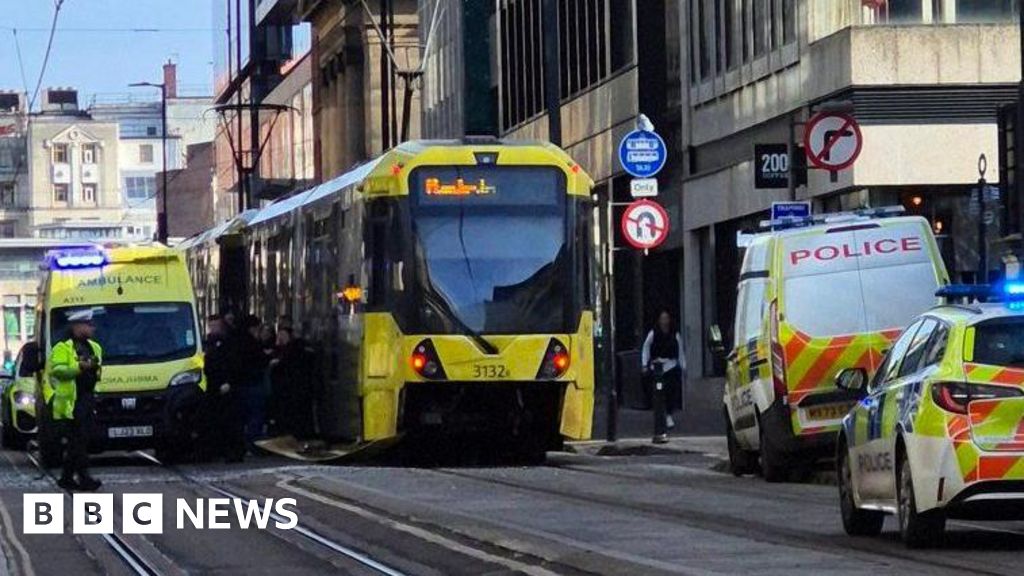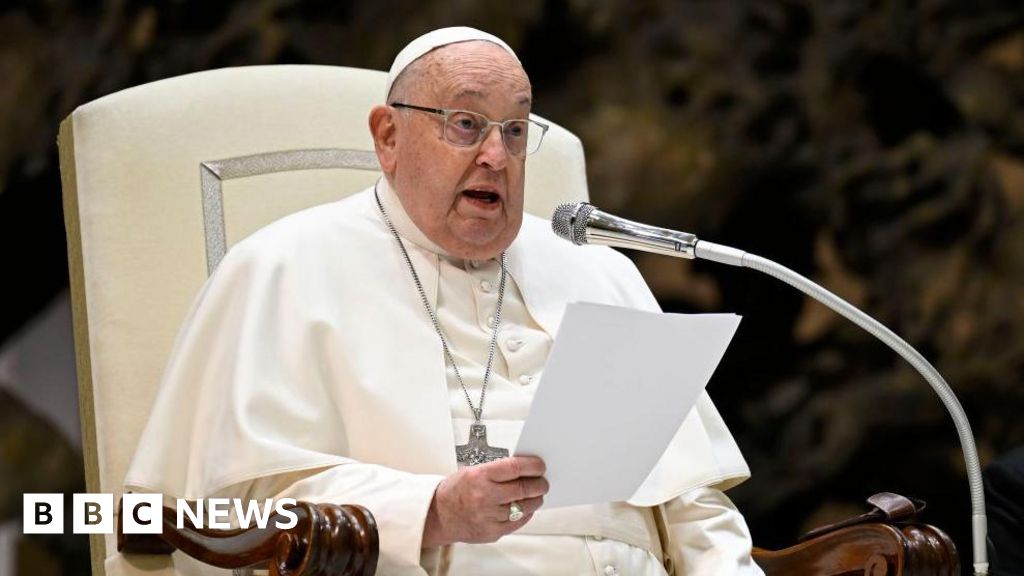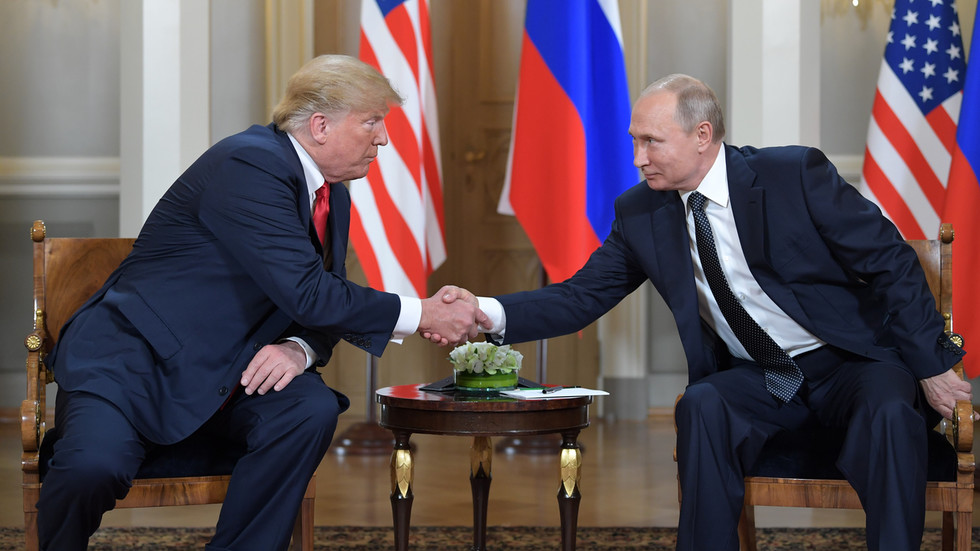Image
Negotiators from Israel and Hamas were in Cairo on Wednesday amid a push on a proposed deal for a cease-fire, though Israeli officials said that major gaps remained between the sides.
The delegations arrived on Tuesday, hours after Israeli tanks and troops went into the southern Gaza city of Rafah and seized control of the border crossing with Egypt, disrupting the flow of humanitarian aid into the enclave.
The most substantive sticking point in the talks centers on a phrase that appears in both the Israeli- and Hamas-approved proposals: a path to a “sustainable calm.”
In Hamas’s revision, that phrase is clearly defined as a permanent end to the war and a complete withdrawal of Israeli troops from the Gaza Strip. Prime Minister Benjamin Netanyahu has consistently opposed any deal that explicitly calls for a permanent cease-fire, saying Israeli forces would not stop fighting in Gaza until Hamas is destroyed and the hostages are released.
Hamas’s revised proposal, Mr. Netanyahu said on Tuesday, was “very far from Israel’s core demands.” In his statement, he added that “military pressure on Hamas is an essential condition to secure the release of our hostages.”
Mr. Netanyahu, who is under pressure from the United States and other allies to agree to a cease-fire, said that while he had sent a midlevel delegation back to the talks, “in tandem, we continue waging the war on Hamas.”
A White House spokesman, John F. Kirby, said on Tuesday that the negotiations were at a “sensitive stage” and that “there should be no reason why they can’t overcome those remaining gaps.” Analysts said Israel’s incursion into Rafah might either ratchet up the pressure on Hamas to make a deal or sabotage the talks.
The Israeli military said it had gone into the city to destroy Hamas infrastructure used in an attack that killed four Israeli soldiers over the weekend near another border crossing, this one from Israel into Gaza.
The move did not appear to be the full ground invasion of Rafah that Israel has long been threatening and its allies working to avert. The Israeli military called it “a very precise” counterterrorism operation.
Last week, President Biden paused an arms shipment to prevent U.S.-made weapons from being used in a long-threatened assault on Rafah, administration officials said on Tuesday night Washington time, an indication of the growing rift with Israel over the conduct of the war. The decision to delay the delivery of 3,500 bombs was the first time that Mr. Biden has used his power to curtail arms to influence Israel’s approach to the war since the Oct. 7 Hamas-led attack.
Peter Baker contributed reporting from Washington.
— Isabel Kershner reporting from Jerusalem
Image
Israel reopened the Kerem Shalom crossing into the Gaza Strip, the Israeli agency overseeing aid deliveries in the territory said Wednesday, reinstating one of two critical entry points for humanitarian aid that it had closed.
The Kerem Shalom crossing between Israel and Gaza had been closed since a Hamas rocket attack from Gaza on Sunday killed four Israeli soldiers in the area. On Tuesday, the Israeli military mounted an incursion that closed the Rafah crossing on Gaza’s border with Egypt.
Since the start of the war, most of the aid for Gaza has moved through the Rafah crossing. International aid agencies and officials had said that Israel’s closure of the two crossings could make the already dire humanitarian crisis worse.
On Wednesday, trucks of aid were arriving at the Kerem Shalom crossing and would go into Gaza after inspection, the Israeli agency, COGAT, said.
When both crossings were closed, it was not clear how much aid was getting into Gaza through other avenues. COGAT said on Tuesday that 60 trucks had passed through the Erez crossing into northern Gaza, which Israel reopened under pressure from the Biden administration after an Israeli airstrike killed seven aid workers.
In a call with President Biden on Monday, Prime Minister Benjamin Netanyahu of Israel agreed to ensure that the crossing would reopen, according to a White House summary of the call.
Israel opened the crossing at Kerem Shalom in December after pressure from the United States to speed up the flow of humanitarian aid into Gaza. However, Israeli protesters have regularly gathered at the crossing, trying to block aid convoys from entering the enclave in the hopes of raising the pressure on Hamas to release the hostages.

Residents told
not to return north
Residents told
on Monday
to move to
this area
ISRAEL
Area under
new evacuation
order
Rafah
Israeli troops
reached Rafah
crossing on
Tuesday
Israeli troops
reached Rafah
crossing on
Tuesday
EGYPT

Residents told
not to return north
ISRAEL
Residents told
on Monday
to move to
this area
Area under
new evacuation
order
Israeli troops
reached Rafah
crossing on
Tuesday
Rafah
EGYPT
Image
Under international pressure to reach a cease-fire agreement, Prime Minister Benjamin Netanyahu of Israel on Tuesday dismissed Hamas’s latest proposal as an insincere offer and said Israel’s military operations would proceed, even as he sent an Israeli delegation to peace talks in Cairo.
On Monday, Hamas’s political leader, Ismail Haniyeh, announced the group would accept the terms of a cease-fire proposal backed by Egyptian and Qatari mediators, with some changes. Within hours, Israeli troops and tanks went into the city of Rafah and seized the border crossing with Egypt, shutting down the flow of aid into Rafah.
Mr. Netanyahu on Tuesday suggested Mr. Haniyeh’s statement was a public relations move meant to forestall Israel’s planned ground offensive in Rafah, which the Israeli government has described as the last bastion controlled by Hamas fighters.
“Hamas’s proposal yesterday was meant to torpedo our troops’ entry in Rafah,” he said in a statement. “That didn’t happen.” Mr. Netanyahu added that the latest Hamas offer “lies very far from Israel’s necessary demands.”
Hamas has been demanding that the cease-fire agreement eventually lead to a permanent halt in fighting and a full withdrawal of Israeli forces from the Gaza Strip. Israel has said it wants a temporary cease-fire to allow the exchange of hostages for Palestinian prisoners, but has said it will keep fighting afterward until Hamas is dismantled as a fighting force and no longer controls Gaza.
Roughly half of the enclave’s population is crammed into temporary shelter and camps in Rafah. Israel said it has taken over the Rafah crossing, where humanitarian groups say aid is no longer passing through.
Israeli and Hamas officials arrived in Cairo to restart talks, which had hit an impasse on Sunday. The C.I.A. director, William J. Burns, was also expected to attend the talks in Cairo on Tuesday.
Image
What the Israeli military is calling a “limited operation” in Rafah, in the southern Gaza Strip, has already had devastating consequences over the past two days for medical workers and patients across the enclave, doctors and humanitarian aid groups say.
The Israeli military’s orders telling roughly 110,000 people to leave eastern Rafah on Monday spread fear throughout Abu Yousef al-Najjar Hospital, which is within the area where Israel said it would act with “extreme force,” Dr. Marwan al-Hams, the hospital’s director, said in a phone interview on Tuesday.
Fearing a raid by Israeli forces, like those that have been carried out at hospitals across Gaza, the medical staff at al-Najjar rushed to relocate more than 200 patients. Some patients left in cars secured by their family members, while the seriously wounded were transferred by ambulance to other hospitals in southern Gaza, including the European Hospital in Khan Younis and the International Medical Corps field hospital in Rafah.
But even during the scramble to evacuate the hospital, Israeli airstrikes on Rafah continued. The bodies of 58 people killed in Israeli strikes arrived at the hospital since Sunday, Dr. al-Hams said, adding that the hospital staff had to ask the victims’ families to bury the bodies themselves.
“The situation is not dangerous; the situation is catastrophic, catastrophic, catastrophic,” he said.
The Israeli military’s actions also immediately limited access to more basic health services across Rafah. Project HOPE, a U.S.-based aid group that operates several clinics across Gaza, was forced to shut down a mobile medical unit within the area from which Israel has told people to leave. It had been providing primary care in the eastern part of Rafah and treating upper respiratory tract infections and gastrointestinal illnesses that had been spreading among displaced Palestinians crammed into shelters with little access to clean water and sanitation facilities.
The aid group also had to close another medical clinic elsewhere in Rafah, outside of the evacuation zone, early on Monday because six of its medical workers — including a general practitioner, a gynecologist and nurses — lived inside or immediately adjacent to where the Israeli military said it would begin its operations, said Chessa Latifi, a deputy director of emergency preparedness for Project HOPE.
Many of the medical workers had already been displaced from their homes in Khan Younis and Gaza City and were forced to flee once again with their families, including dozens of children — this time, alongside the patients they had been treating in eastern Rafah.
Image
At least two delegations of doctors who were trying to enter Gaza on Monday to support struggling hospitals in the northern part of the enclave were forced to turn back as the security situation deteriorated, even before the Israeli military seized control of the Rafah crossing on Tuesday.
One delegation of Jordanian doctors, organized by Project HOPE, was aiming to reach Kamal Adwan Hospital in far northern Gaza to relieve overwhelmed medical staff and deliver badly needed supplies, including anesthetics, surgical sutures and gauze. That delegation was also supposed to deliver the salaries of the aid group’s medical workers in Rafah — cash they desperately needed to secure housing and transportation during the chaotic evacuation.
“We’ve had contingency plans in place for a very long time, especially as it became more and more clear that the offensive in Rafah was going to start,” Ms. Latifi said. But “the consequences of what’s happening just keep growing,” she said.
Another delegation of medical workers, organized by the aid group MedGlobal, was about halfway to Rafah from Cairo on Monday when it began receiving alerts from the World Health Organization’s coordination team that the Rafah crossing could soon be shut down.
The doctors tried to continue on their path. But once they were told that the closing of the border crossing was imminent, “most of us realized that what was going to happen was going to be significant,” Dr. John Kahler, a co-founder of MedGlobal, said.
The delegation included an anesthesiologist and a midwife who were going to support Al-Awda Hospital, one of the few hospitals still able to provide maternal care for pregnant women. Dr. Kahler himself was intending to go to Kamal Adwan, where his organization opened a nutritional stabilization center for malnourished children over the weekend.
Speaking from Cairo on Tuesday, Dr. Kahler described the difficult decision to disband the delegation. If this was the beginning of the long-threatened ground assault, he said, moving to northern Gaza from Rafah would have been too dangerous, even if the doctors were able to get through the Rafah crossing on Monday.
The level of anxiety is “sky high” among the team members and their Palestinian partners inside Gaza as they wait to see what will happen next, Dr. Kahler said.
“Babies are going to keep being delivered; injuries are going to continue to happen; people are going to continue to die,” he added.

.png) 9 months ago
44
9 months ago
44









